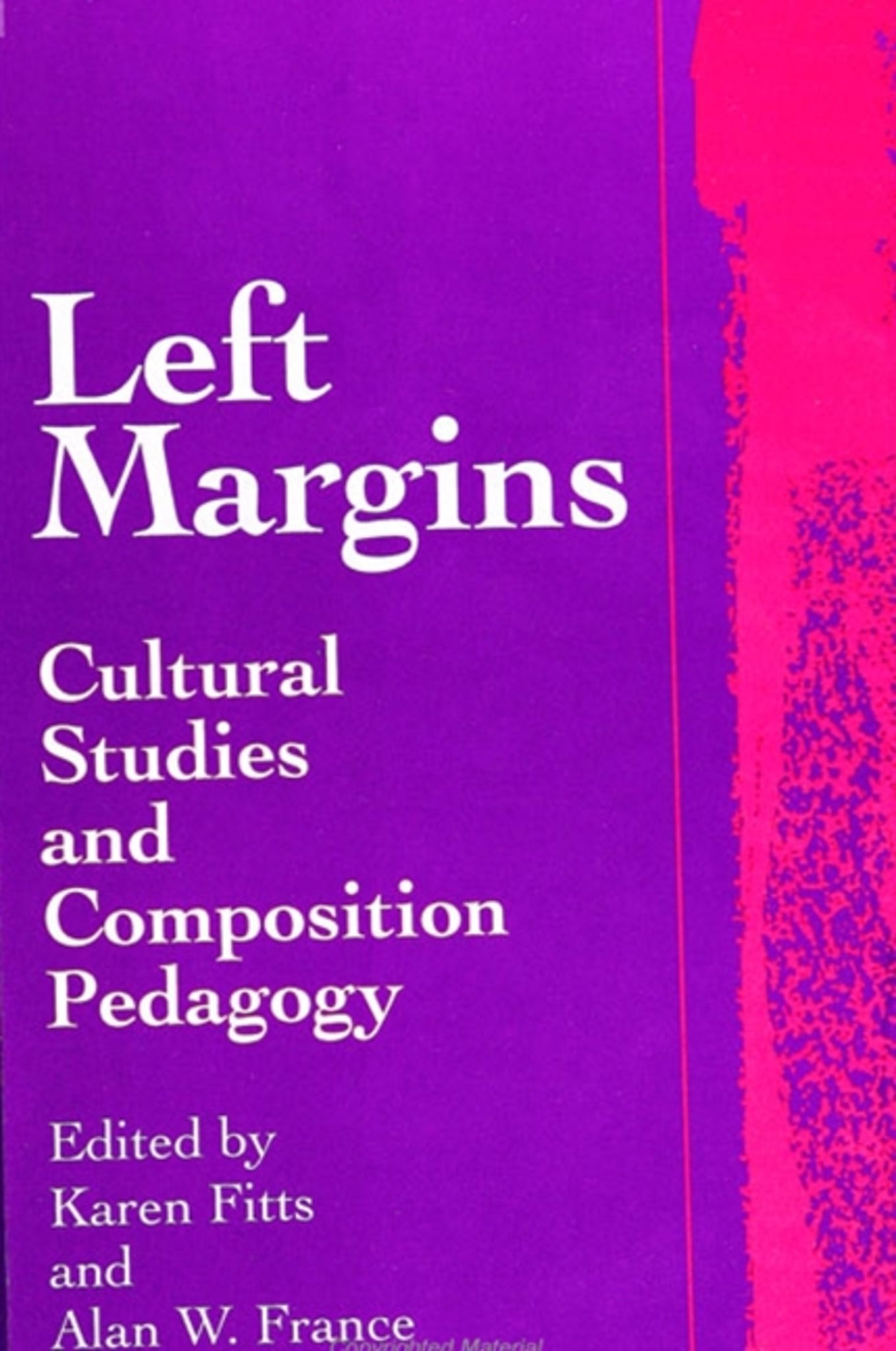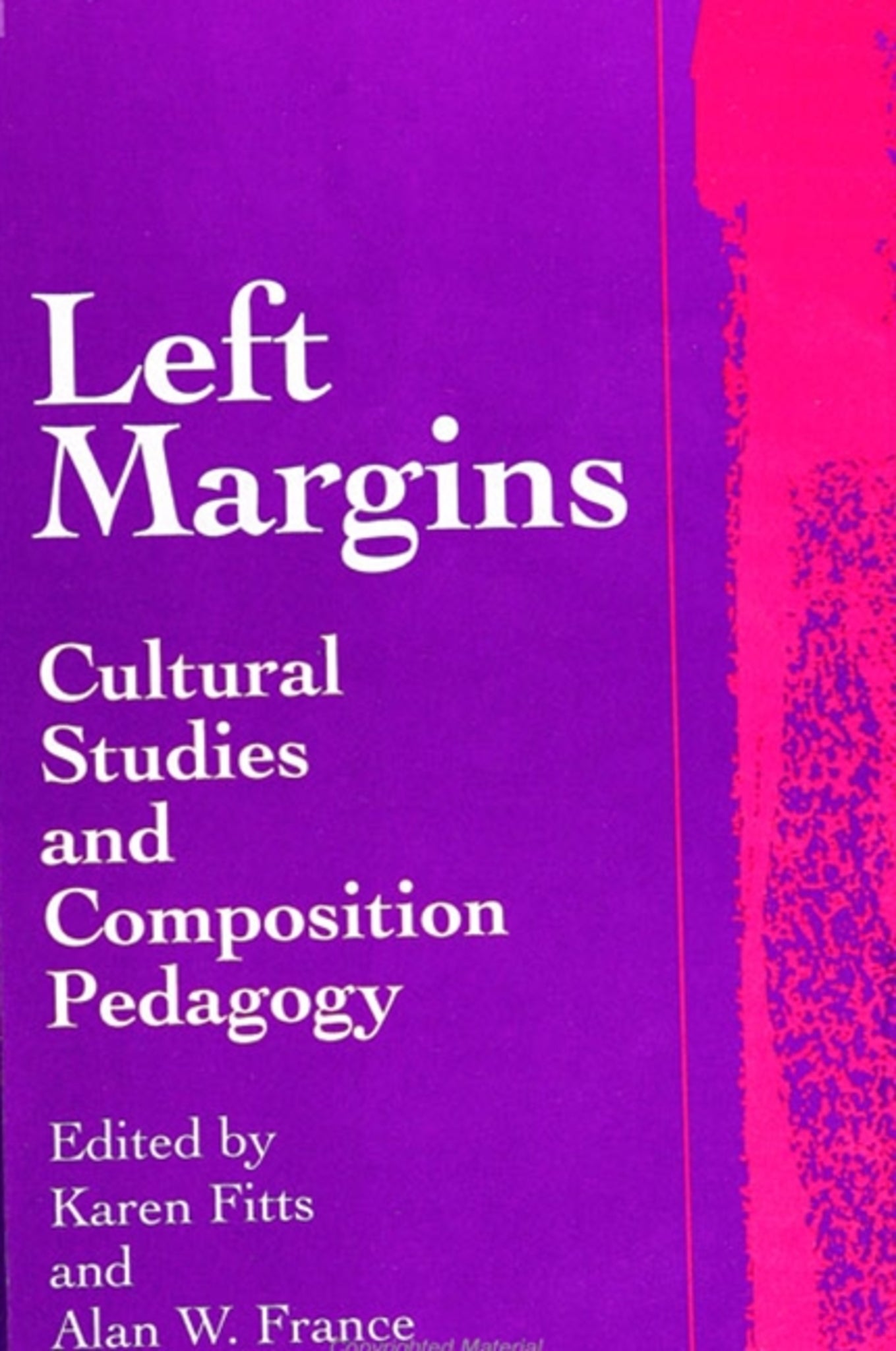We're sorry. An error has occurred
Please cancel or retry.
Left Margins

Some error occured while loading the Quick View. Please close the Quick View and try reloading the page.
Couldn't load pickup availability
- Format:
-
13 July 1995

Examines the cultural politics of knowledge in composition classrooms and presents classroom strategies that develop students' awareness of their own ideological subjectivities.
Left Margins offers an inside view of the cultural politics of knowledge in college-level composition classrooms. The basic question this book raises is whether or not we can continue to represent the writing process apolitically as the work of autonomous individuals recording their experiences or realizing their private objectives. Readers will get a front-row, classroom perspective on the confrontation between politically engaged writing teachers and largely resistant students, between critical pedagogy and the orthodoxies of American culture at the end of the twentieth century. The book presents classroom strategies that develop students' awareness of their own ideological subjectivities.


"I think this book would be extremely useful to any instructor who is struggling with how to devise new pedagogical methods that reflect the shift in critical and educational theory of the last few decades." — Irene Ward, Kansas State University
Preface
Karen Fitts and Alan W. France
Part I: Appropriating Pedagogy
1. Who Writes in a Cultural Studies Class? or, Where is the Pedagogy?
Henry A. Giroux
2. Politics, Writing, Writing Instruction, Public Space, and the English Language
Alan Kennedy
Part II: Expropriating the Powers of Language
3. Teaching "Myth, Difference, and Popular Culture"
Joseph C. Bodziock and Christopher Ferry
4. Gravedigging : Excavating Cultural Myths
Colleen M. Tremonte
5. Constructing Art & Facts: The Art of Composition, the Facts of (Material) Culture
Paul Gutjahr
6. Recovering "I Have a Dream"
Keith D. Miller, Gerardo de los Santos, and Ondra Witherspoon
Part III: (Re)Writing Cultural Texts
7. Making and Taking Apart "Culture" in the (Writing) Classroom
Kathleen Dixon
8. Monday Night Football : Entertainment or Indoctrination?
Todd Sformo and Barbara Tudor
9. Pee-Wee, Penley, and Pedagogy, or, Hands-On Feminism in The Writing Classroom
Christopher Wise
Part IV: Practicing Rhetorics
10. Feminists in Action: How to PracticeWhat We Teach
Rae Rosenthal
11. Teaching Rhetoric as a Way of Knowing
Peter J. Caulfield
12. Freirean Pedagogy, Cultural Studies, and the Initiation of Students to Academic Discourse
Raymond A. Mazurek
13. Teaching the Conflicts about Wealth and Poverty
Donald Lazere
Part V: Teaching for Social Change
14. Pedagogy, Resistance, and Critique in the Composition Class
Adam Katz
15. The Pedagogy of Pleasure 2: The Me-in-Crisis
Mas'ud Zavarzadeh
16. Contested Terms, Competing Practices: Language Education and Social Change
Mary Beth Hines
17. Teaching Against Racism in the Radical College Composition Classroom: A Reply to a Student
Robert Andrew Nowlan
18. A Ratio Studiorum for the Postcolonialist's Classroom
John C. Hawley, S.J.
Part VI: Rereading, Rethinking, Responding
19. Empty Pedagogical Space and Silent Students
Gary Tate
20. The Dilemma of Oppositional Pedagogy: A Response
Gerald Graff
Counterstatements
Colleen M. Tremonte, Paul Gutjahr, Kathleen Dixon, Christopher Wise, Peter J. Caulfield, Raymond A. Mazurek, Adam Katz, Mary Beth Hines, John C. Hawley, S.J.
Post/face
Karen Fitts and Alan W. France
Afterword
Richard Ohmann
Contributors
Notes and References
Index



